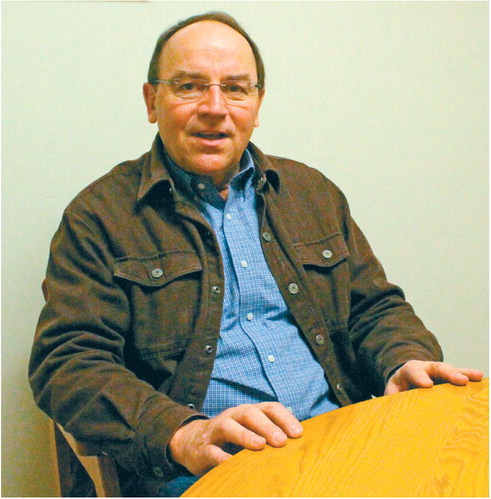Candidates have until December 2 ….


Candidates have until December 2 to file nomination papers in the race.
On Friday, Tiffany stopped at The Star News for conversation about why he is ...


Candidates have until December 2 to file nomination papers in the race.
On Friday, Tiffany stopped at The Star News for conversation about why he is ...